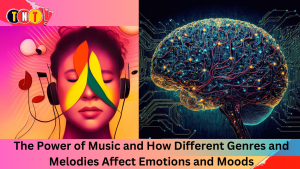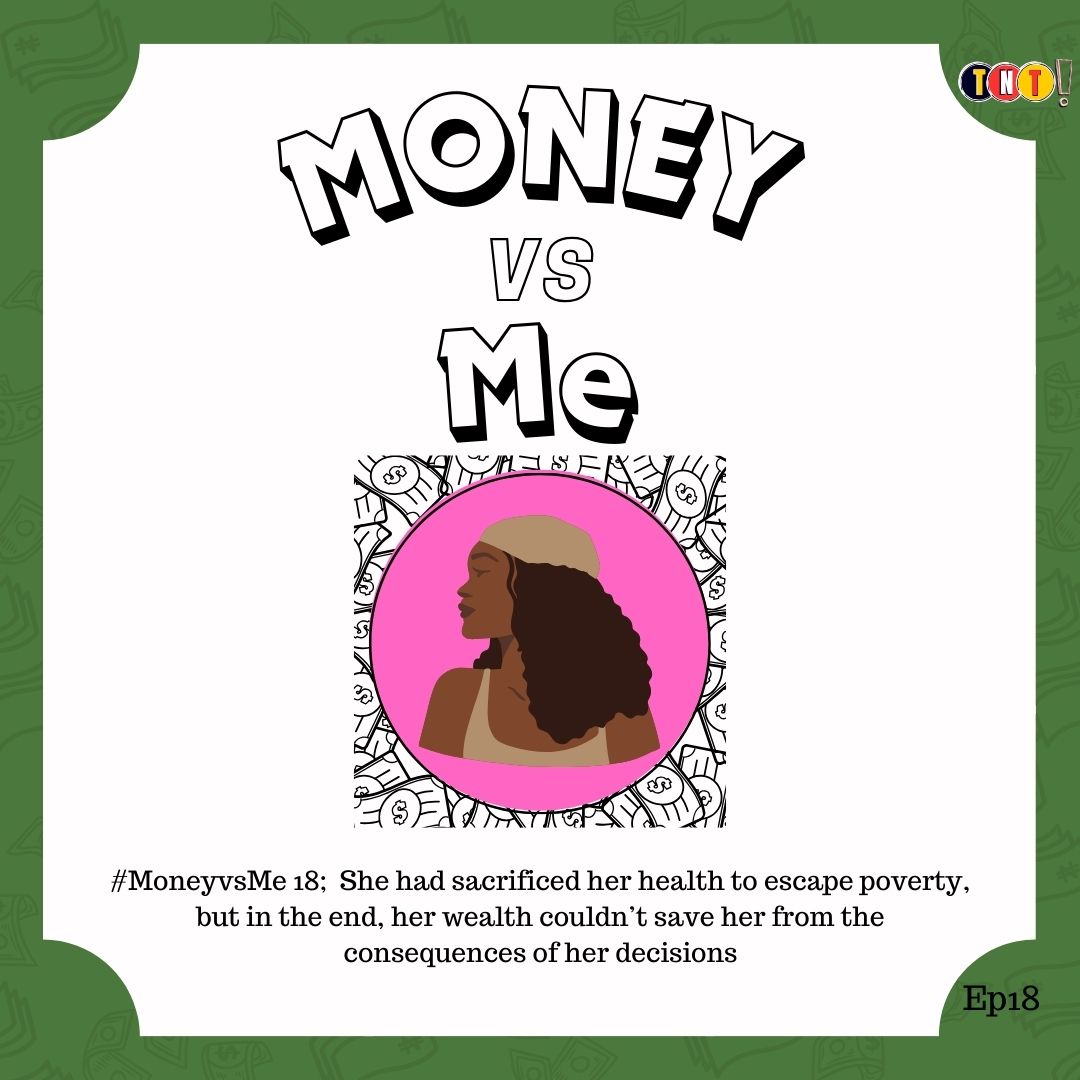
Music can influence our emotions and alter our moods, often without us even realizing it. Whether it’s a soothing classical tune that brings peace, an upbeat pop song that lifts our spirits, or a powerful rock anthem that channels our energy, music can shape how we feel in profound ways. The power of music lies in its ability to connect with our emotions through different genres and melodies, affecting everything from our mental state to our overall well-being. By exploring how various types of music impact our feelings, we can better understand the role it plays in our daily lives.
Classical Music and Relaxation
Classical music, particularly slow-paced compositions with soft instrumentals, has been shown to reduce stress and anxiety. The calming nature of classical pieces, especially those by composers like Mozart or Beethoven, can induce a sense of peace and relaxation, making it a popular choice for meditation and concentration.
Pop and Uplifting Energy
Pop music, with its catchy rhythms and upbeat tempo, often creates feelings of happiness, excitement, and energy. Songs with fast beats and lively tunes can boost our mood, making us feel more optimistic and motivated. This is why pop music is commonly played in social settings or during workouts to increase energy and positivity.
Rock and Release of Tension
Rock music, characterized by strong beats and often intense melodies, can evoke powerful emotions like anger, excitement, or rebellion. For many, rock music acts as a form of emotional release, helping to vent frustrations or channel high energy. The intensity of rock songs can provide a cathartic outlet for negative emotions.
Jazz and Reflection
Jazz music, with its complex improvisations and varying tempos, evokes feelings of introspection and creativity. The genre’s blend of smooth, flowing melodies and unexpected shifts in rhythm often induces a relaxed, yet thoughtful mood. Jazz is commonly associated with intellectual engagement and creative thinking.
Electronic Music and Focus
Electronic music, particularly with its repetitive beats and ambient sounds, can help listeners focus and improve concentration. Genres like techno or trance often create a hypnotic atmosphere that keeps the brain engaged without being overly distracting. This makes it popular for studying or working on creative tasks.
Hip-Hop and Empowerment
Hip-hop, with its rhythmic beats and lyrical flow, often stirs emotions related to empowerment, confidence, and motivation. The genre’s strong beats combined with the expressive, narrative nature of rap lyrics can make listeners feel powerful and self-assured. Hip-hop is frequently used to fuel motivation in both personal and social settings.
The Universal Language of Music
Music’s ability to affect emotions and moods highlights its unique role as a universal language that transcends cultural and linguistic barriers. Whether we are looking for relaxation, motivation, reflection, or release, there is a genre and melody that can meet our emotional needs. From classical to electronic, music has the power to enhance or alter our emotional states, making it an integral part of human experience.



